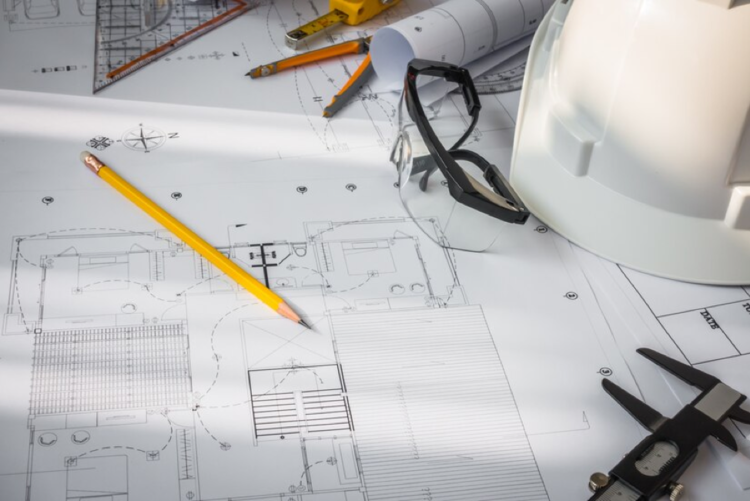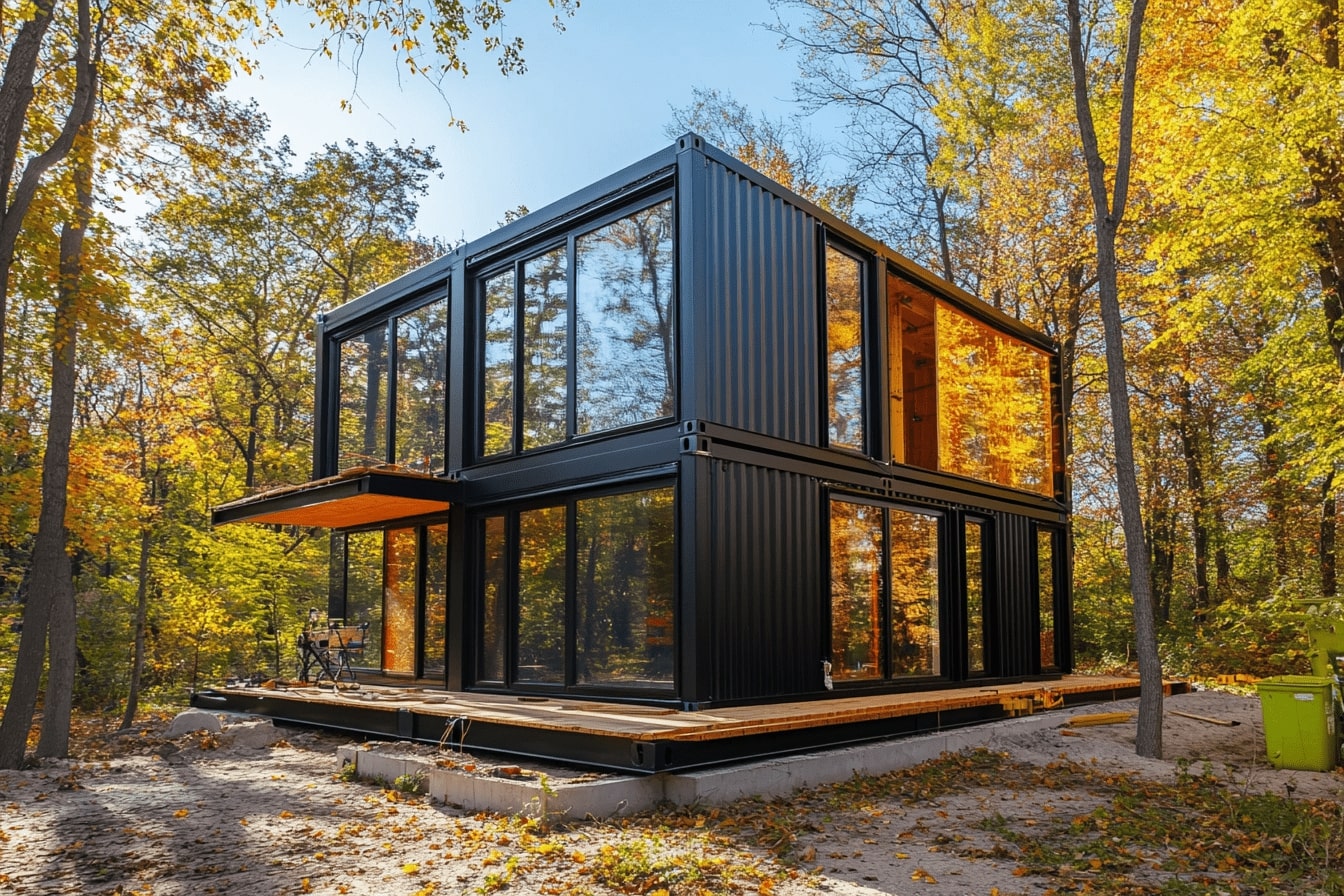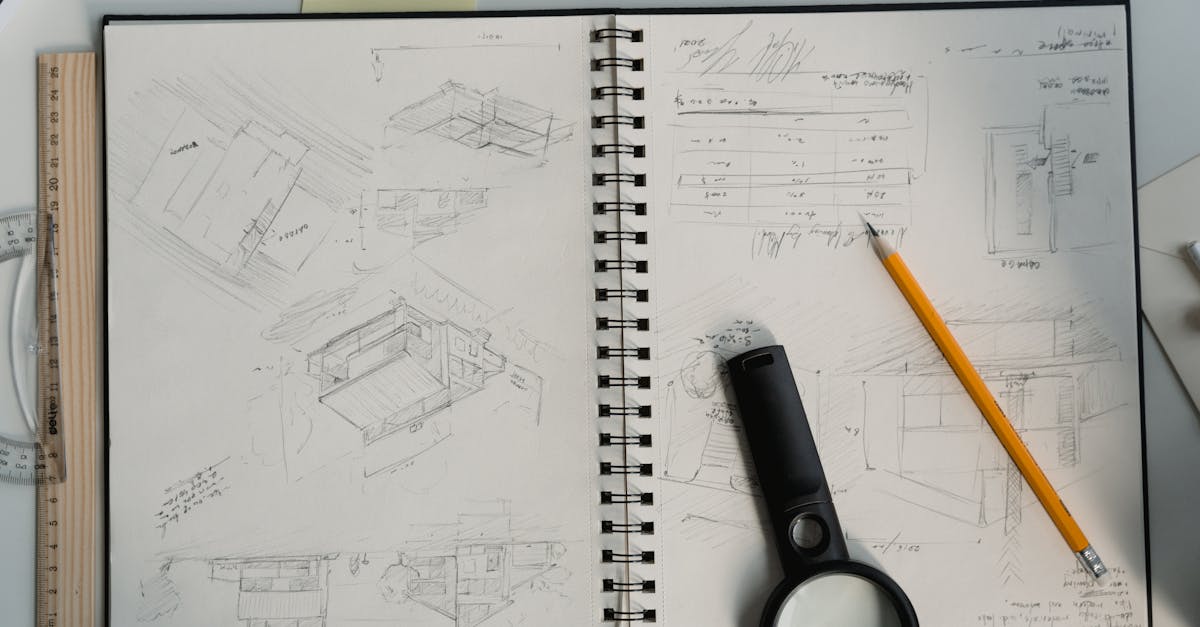- Home
- Articles
- Architectural Portfolio
- Architectral Presentation
- Inspirational Stories
- Architecture News
- Visualization
- BIM Industry
- Facade Design
- Parametric Design
- Career
- Landscape Architecture
- Construction
- Artificial Intelligence
- Sketching
- Design Softwares
- Diagrams
- Writing
- Architectural Tips
- Sustainability
- Courses
- Concept
- Technology
- History & Heritage
- Future of Architecture
- Guides & How-To
- Art & Culture
- Projects
- Interior Design
- Competitions
- Jobs
- Store
- Tools
- More
- Home
- Articles
- Architectural Portfolio
- Architectral Presentation
- Inspirational Stories
- Architecture News
- Visualization
- BIM Industry
- Facade Design
- Parametric Design
- Career
- Landscape Architecture
- Construction
- Artificial Intelligence
- Sketching
- Design Softwares
- Diagrams
- Writing
- Architectural Tips
- Sustainability
- Courses
- Concept
- Technology
- History & Heritage
- Future of Architecture
- Guides & How-To
- Art & Culture
- Projects
- Interior Design
- Competitions
- Jobs
- Store
- Tools
- More
Blueprint for Financial Stability: Architecting Your Home’s Fiscal Foundation

Table of Contents Show
Owning a home is a cornerstone of financial stability for many individuals and families. However, the architectural choices you make during the design and construction of your home can have a lasting impact on your long-term financial health. From initial building costs to ongoing maintenance expenses, your decisions can significantly influence your financial stability.
In this article, we’ll explore how thoughtful architectural planning can help you build a strong fiscal foundation, with a focus on financial considerations such as credit scores and long-term value retention.
The Importance of Thoughtful Design
When designing your home, it’s essential to consider how your choices will affect both initial costs and long-term value. For instance, opting for energy-efficient materials and appliances can reduce utility bills over time, translating to significant savings. High-quality insulation, energy-efficient windows, and sustainable building materials not only lower your energy consumption but can also enhance your home’s resale value.
Additionally, designing an open floor plan can maximize the usability of your space, making it more appealing to potential buyers in the future. As housing markets shift, homes with modern designs tend to retain their value better than those with outdated layouts. By prioritizing thoughtful design, you can ensure your home serves as a financial asset rather than a liability.
Construction Choices Impacting Finances
The materials and methods you choose during construction will also have long-term financial implications. While it may be tempting to go for the lowest bid on materials or labor, cutting corners can lead to higher maintenance costs down the line. For example, opting for cheaper roofing materials might save money upfront but could lead to costly repairs and replacements in a few years.
Investing in durable materials can save you money in the long run, as these choices typically require less maintenance and have longer lifespans. Similarly, consider the geographical location and climate when selecting construction materials. Investing in resilient materials may prevent costly damages and repairs in areas prone to extreme weather.
Ongoing Maintenance: A Financial Responsibility
Once your home is built, the financial considerations don’t stop. Regular maintenance is crucial for preserving the value of your home and preventing costly repairs. Setting aside a portion of your budget for ongoing maintenance tasks, such as landscaping, plumbing, and electrical inspections, is essential.
Creating a maintenance schedule can help you stay organized and ensure that necessary upkeep is performed on time. This proactive approach can prevent minor issues from escalating into major problems, saving you money in the long run.

The Role of Financing and Credit Scores
Your credit score plays a significant role in your overall financial picture, especially when it comes to homeownership. A higher credit score can lead to better financing options, lower interest rates, and substantial savings over the life of your mortgage. For instance, a 718 credit score is generally considered good and may qualify you for favorable loan terms.
When applying for a mortgage, lenders will review your credit history to assess your ability to repay the loan. A higher credit score reflects responsible financial behavior, which can translate into lower monthly payments and less interest paid over the life of the loan. This can significantly affect your overall budget and financial stability.
Home Value Appreciation
Understanding how architectural choices impact the long-term appreciation of your home can also inform your financial strategy. Homes are typically seen as an investment, and their value can appreciate over time. However, not all features contribute equally to this appreciation.
For example, adding energy-efficient systems or sustainable landscaping can enhance your home’s appeal and value, while features that are too personalized may deter future buyers. It’s important to balance making your home comfortable and ensuring that its design and features will attract potential buyers when the time comes to sell.
Insurance Considerations
Another critical aspect of financial stability in homeownership is insurance. The design and materials of your home can influence your insurance premiums. Homes constructed with durable materials and safety features, such as smoke detectors and security systems, may qualify for lower insurance rates. Regularly reviewing your insurance policy can ensure you have adequate coverage and are not overpaying. It’s also beneficial to compare home insurance quotes to find the best coverage options tailored to your home design and location. Consulting an insurance professional can help you choose the right policy to protect your investment and provide peace of mind.
Regularly reviewing your insurance policy can ensure you have adequate coverage and are not overpaying. Consult an insurance professional to find the best coverage options for your home design and location.
Future-Proofing Your Home
As you think about your home’s architectural design, consider future-proofing your property to accommodate changes in lifestyle or family needs. Flexible spaces like home offices or guest suites can add value and usability, ensuring your home remains relevant and appealing as circumstances evolve.
Furthermore, integrating smart home technology can enhance your home’s convenience and efficiency. Many buyers today prioritize smart features, which can increase your home’s resale value and appeal.
Conclusion
Architecting a home with an eye on financial stability requires thoughtful planning and consideration of various factors, from design choices to long-term maintenance. You can create a fiscal foundation that supports your financial well-being by making informed decisions, investing in quality materials, and prioritizing ongoing upkeep.
Additionally, knowing how your credit score affects your financing options can empower you to make decisions that positively impact your financial future. In the end, a well-designed home can be a valuable asset, contributing to your overall financial health and stability for years to come.
illustrarch is your daily dose of architecture. Leading community designed for all lovers of illustration and #drawing.
Submit your architectural projects
Follow these steps for submission your project. Submission FormLatest Posts
Top Job Alternatives for Architects and Interior Designers
Explore diverse job alternatives for architects and interior designers, from creative roles...
Baroque vs. Romanesque Architecture: Key Differences Guide
Explore the defining characteristics of Romanesque and Baroque architecture — from round...
Gothic vs Neoclassical Arches: Exploring Grandeur and Legacy Across the Centuries
Explore the timeless allure of Gothic and Neoclassical arches, from the soaring...
Green Financing for Contractors: What Qualifies as a “Green” Build?
As both local and national climate targets tighten, what qualifies as a...












Leave a comment